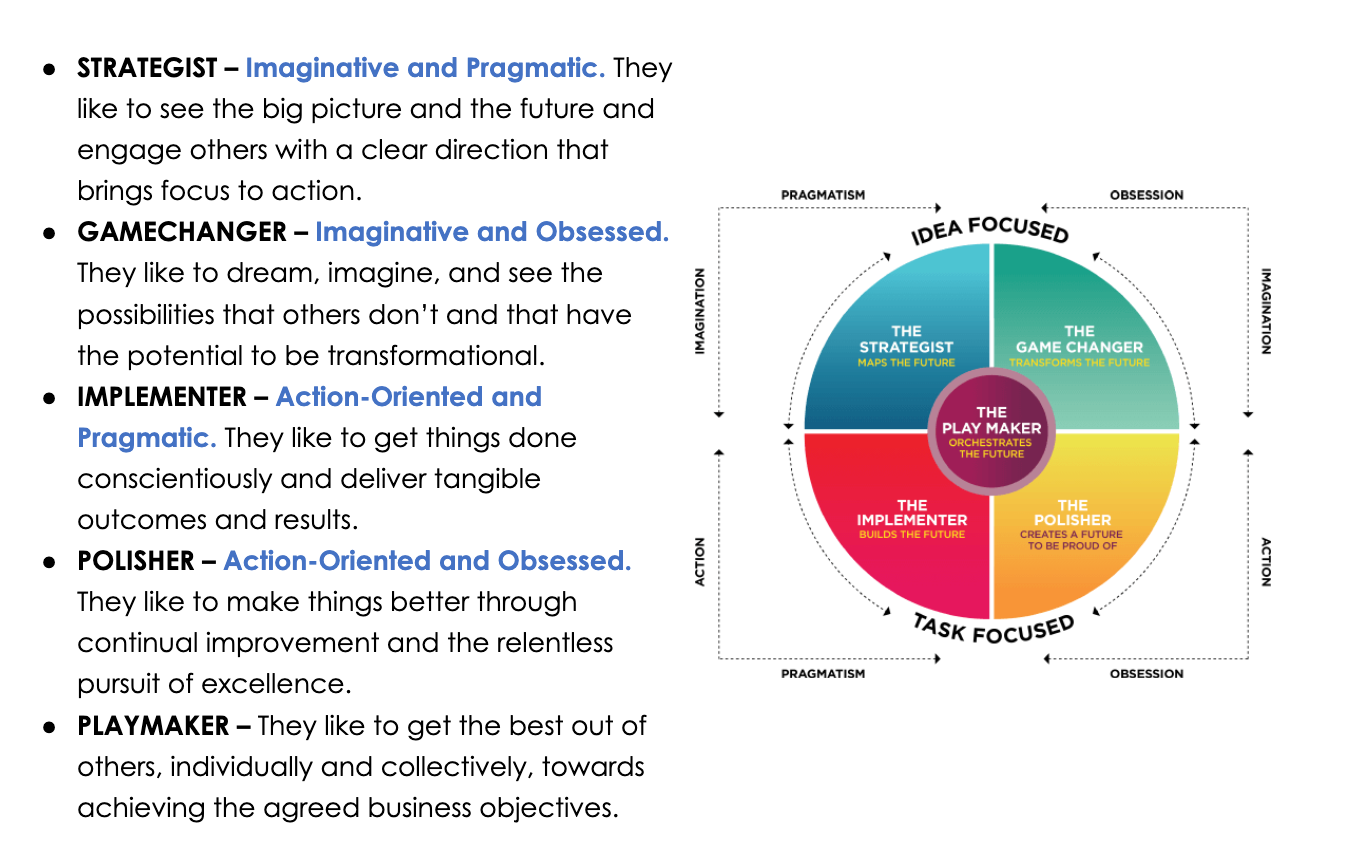People Capabilities – What Do Exponential Organizations Do Differently? | Por @OpenEXO
It’s often talked about that nearly 70% of the change and transformation initiatives undertaken by organizations are often abandoned or don't deliver the desired and expected impact. In a recent article on the ExO Insights, a fellow ExO Coach, Pedro Lopez Sela, highlighted that nearly 75% of the startups fail to survive beyond their first two years.
One of the known root causes of these failures is the lack of people's capabilities to enable the envisioned strategic and operational goals, especially those related to Innovation.
As per a recent survey,
This is where Exponential Organizations (ExOs) are different.
They don’t succeed by chance but by choice. And one of the critical choices they make and execute is to DISCOVER AND ALIGN their people’s energy and skills to the business priorities to stay ahead of the curve. They do so both in the context of ‘Exploiting the CORE’ – to radically improve the efficiency and effectiveness levels of the current business model, as well as ‘Exploring the EDGEs’ - to invent and innovate new business and operating model (s).
Based on my engagements with startups, scaleups, and incumbents on their exponential journeys as well as through studying the best practices of several Exponential Organizations in the context of people capabilities, I consider four key tenets that act as the foundation of delivering superior business results.
- First and foremost, AUTONOMY (one of the 11 exponential attributes in the ExO success formula of MTP + SCALE + IDEAS) is a prerequisite for ‘permissionless innovation.’ Creating decentralized structures and relying on peer rather than authority-based accountability leads to increased agility and higher morale.
- People have DIFFERENT PROCLIVITIES when it comes to making contributions in terms of leading, influencing, and getting things done. And as we know well, people deliver to their full potential when working on roles/tasks aligned to their preferences.
- Different stages of the BUSINESS LIFECYCLE require different cognitive, emotional, and action-taking orientations and skillsets. Only an appropriate and timely combination of these results in a force multiplier that helps an organization achieve its strategic and operational goals.
- Long-term business success is not down to one person or one idea – it’s a team and continuous effort. Sustainably high business performance requires DIVERSE & INCLUSIVE TEAMS where people ‘potently’ contribute towards defining and executing the future direction of the organization.
To put these four key tenets into practice and facilitate the discovery and alignment of people capabilities to the organization’s strategic and operational goals, I have been leveraging and deploying a unique tool called the GC Index®.
The GC Index® measures and describes five different proclivities in which people are strongly driven and inclined to make an impact and contribution to a Business Cycle. These differences are underpinned by two critical dimensions - an individual’s Imagination (the capacity for original thought) and Obsession (the drive to turn ideas into reality).














No hay comentarios.